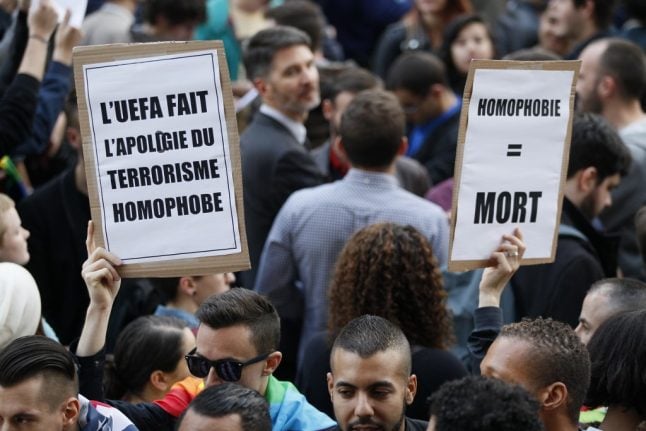Peter Conti, the name given the anonymous Tages Anzeiger interviewee, had known the lesbian couple for several years before they asked him for a sperm donation. He knew the pair desperately wanted a child and that they had made several requests to other men who had all turned them down.
Conti’s homosexual partner had never wanted children and it had never been an issue between them. In any event, at that time, adoption for homosexual couples was not possible, and it had therefore never been up for discussion.
Conti saw the women’s request as an “opportunity to accompany a child growing up”, a prospect that he relished. The women had promised him regular access to the child and so he had consented.
But even as the pregnancy was starting to develop, Conti could feel the tide turning. Although he was “suspicious”, he put the resistance down to the emotions of a pregnant woman.
Conti now thinks the women had presumed he would not want to be actively involved in the child’s life. The more interest he showed, the more the women, particularly the child’s non-biological mother, pulled back.
Following the birth of his son, Conti found the situation increasingly difficult, particularly because he had not anticipated quite the strength of emotion he experienced at being a father. The moment of his son’s birth, he said, “turned a switch in [his] head”.
Conti struggled with having to give up his paternal rights, although he knew that it was important for him to keep a certain distance in order for the child to develop its place in the mother-mother-child relationship.
After the imposition of an increasingly strict regime, with a decreasing frequency of visits, Conti finally introduced a lawyer into the equation, which helped secure him better arrangements.
Nevertheless, the relationship had broken down so much that after 15 stressful visits, and although he dearly wanted to see his son, Conti has decided he has to stay away. In a few years, Conti hopes the child will choose himself to have his father in his life.


 Photo: AFP
Photo: AFP Please whitelist us to continue reading.
Please whitelist us to continue reading.
Member comments